How to plan for Igbo traditional wedding?
Are you engaged to an Igbo bride? If you are, you will be so eager to be on the right track to plan for an Igbo traditional wedding in no time.
This article is all you need to get acquainted with Igbo tradition and do the necessary things right.
An Igbo traditional wedding, also known as “Igba Nkwu,” is a vibrant and culturally rich ceremony that marks the union of a couple in Igbo culture. Planning such an event requires careful attention to detail, respect for traditions, and thorough coordination.
Here’s a step-by-step guide to help you through the process.
1. Introduction to Igbo Traditional Wedding
The Igbo traditional wedding is not just a union of two individuals but a celebration of families and communities. It involves a series of rituals, negotiations, and festivities that culminate in the bride and groom’s formal union.
2. Consultation and Agreement
Before any preparations begin, both families must meet for an introductory visit known as “Iku Aka” or “Knocking on the Door.” This meeting is where the groom’s family formally expresses their intention and seeks the bride’s family’s consent. The families discuss the bride price and other marital obligations.
3. Bride Price and List of Requirements
The bride price, or “Ime Ego,” is a significant part of the Igbo traditional wedding. The groom’s family is given a list that includes items such as money, drinks, foodstuff, and clothing. These items are symbolic and vary from one community to another. It’s essential to negotiate and agree on the items to avoid misunderstandings.
4. Setting the Date
Once the bride price and requirements are settled, both families agree on a date for the traditional wedding. It’s crucial to select a date that allows enough time for thorough planning and ensures the availability of key family members and guests.
5. Venue and Decoration
The venue for an Igbo traditional wedding is usually the bride’s family compound. However, it can also be held at a rented hall or an open field. Decoration is vibrant and colorful, often incorporating traditional Igbo motifs and colors such as red, gold, and white.
6. Attire
The bride and groom’s attire is a highlight of the ceremony. The bride typically wears a blouse, a wrapper, and a head tie made from George fabric, lace, or other traditional materials. The groom usually dons an Isi Agu top, a traditional cap, and a walking stick. Both may also wear coral beads.
7. Invitation
Invitations can be formal or informal, depending on the scale of the wedding. It’s customary to invite extended family members, friends, and community members. Ensure to send out invitations well in advance to allow guests to plan accordingly.
8. Catering
Food and drinks are central to the celebration. Popular dishes include jollof rice, pounded yam, egusi soup, and pepper soup. Drinks range from palm wine to local brews and modern beverages. Hiring a professional caterer familiar with Igbo cuisine can ensure that the guests are well-fed and happy.
9. Entertainment
Entertainment is vital in an Igbo traditional wedding. This could include traditional dancers, drummers, and musicians. The presence of a master of ceremonies (MC) is essential to guide the event and keep guests engaged.
10. Ceremony Flow
- Arrival of Guests: Guests are welcomed and seated.
- Introduction: The bride’s family formally introduces themselves.
- Presentation of Bride Price: The groom’s family presents the agreed items.
- Bride Search: The bride is called out and presented to the groom after identifying him.
- Blessings and Prayers: Elders from both families bless the union.
- Reception: Guests enjoy food, drinks, and entertainment.
11. Post-Wedding Traditions
After the wedding, it’s customary for the bride to visit the groom’s family home. This visit, known as “Idu Uno,” signifies her acceptance into the groom’s family. Gifts and further celebrations may accompany this visit.
Conclusion
Planning an Igbo traditional wedding requires cultural sensitivity, detailed organization, and collaboration between both families. By understanding and respecting the customs, you can ensure a memorable and joyous celebration that honors the rich heritage of the Igbo people.
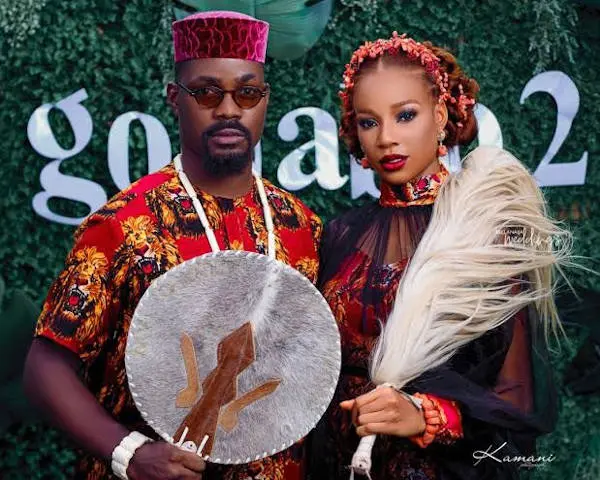
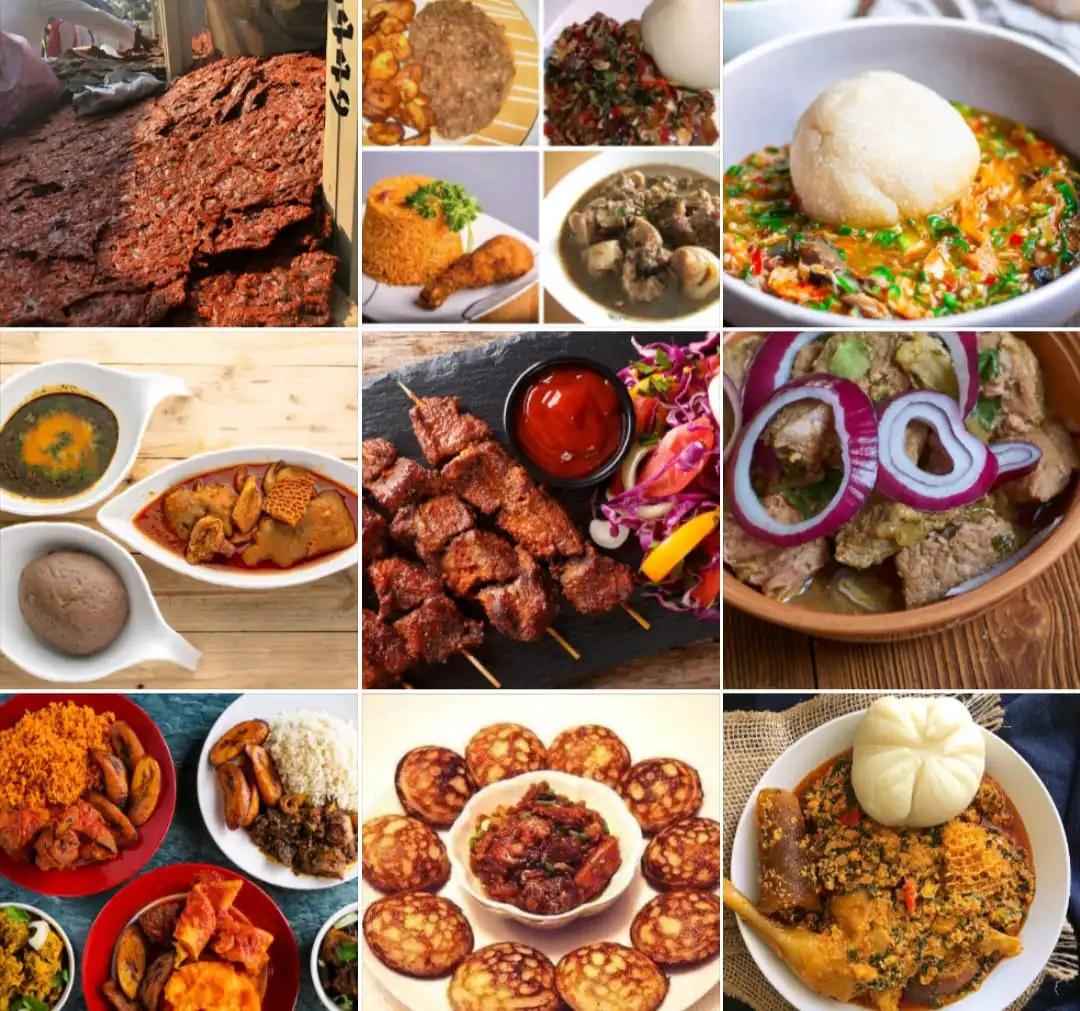
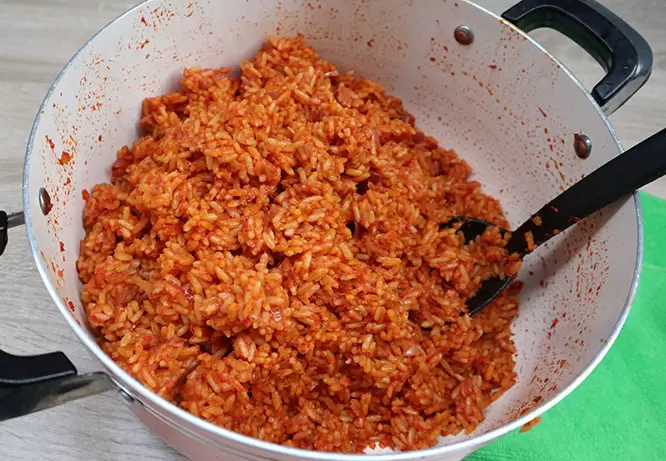

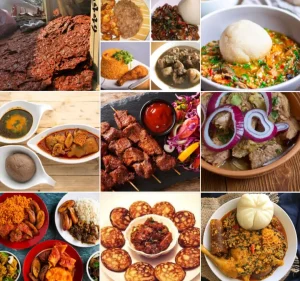

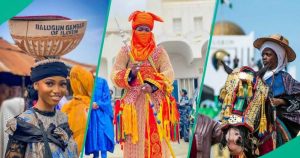






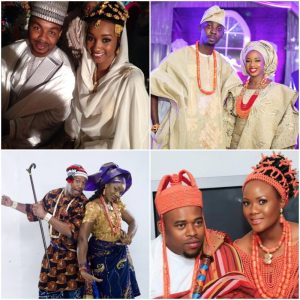
Post Comment